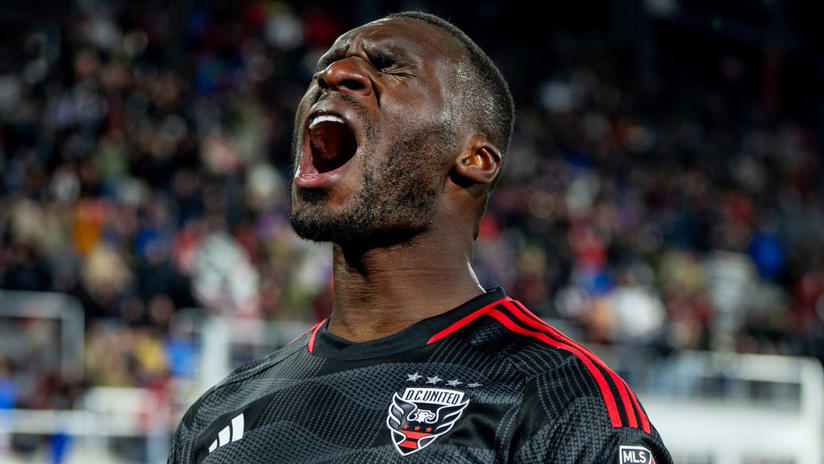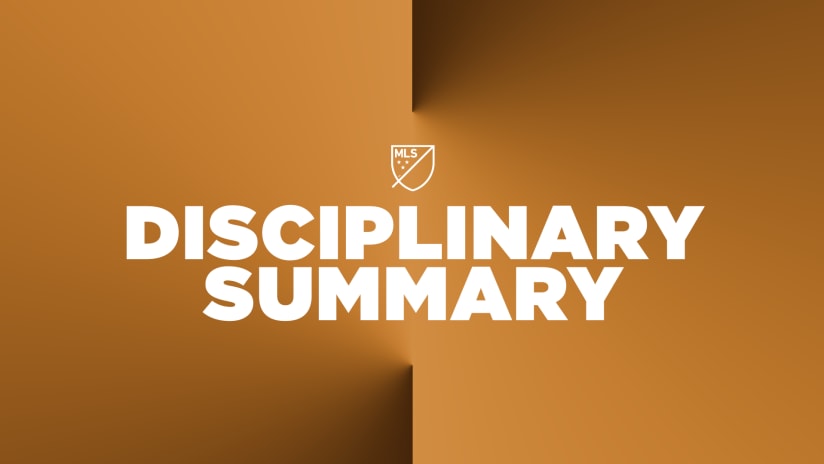AMSTERDAM – Every time a US national team squad player is linked with or completes a move to England, one familiar issue is quickly raised, and often with a sense of trepidation. Recent evidence, however, shows that the acquisition of a UK work permit is no longer much of a boogeyman.
After so many nervous waits for approval through the years, most stateside fans could probably rattle off the qualifications for instant work-permit approval. Those without a European passport must have played 75 percent of "A" matches for a top-70 national side over a two-year period.
Of course, those who meet neither qualification must wait to have their transfer fate decided by a panel consisting of federation, league and players union reps that decide on the loosely defined basis of whether the player adds enough quality to the relevant championship. Though player agents are not permitted inside the hearing room, they become a big part of the appeal team.
"The agent has a very important behind-the-scenes role in gathering all the documents and stats to assist the appeal," Richard Motzkin, an agent who has been on both sides of UK work-permit decisions, told MLSsoccer.com.

"In my case, as a lawyer, I also work directly with the legal counsel who will present the case along with the [club's] manager to the appeals board. I help draft the arguments and documents to present the strongest case possible."
With the sense of dread work permit hearings still raise in columns and on message boards across the nation, one would think Americans don't realize their boys haven't lost a case since the UK Home Office since Brad Guzan's first try at a move to Aston Villa five winters ago.
It's not like the old days anymore, when even guys like Cobi Jones and Brad Friedel were being rejected for renewals back in the mid-90s. Since Guzan's initial rejection (he eventually was approved seven months later), Americans arriving to England and Scotland for the first time have gained 11 consecutive rubber stamps on appeal.
In fact, only four Americans have been denied a work permit in the past decade. Bobby Convey (who eventually was approved at Reading) was turned down for a Tottenham move in 2003, Josh Wolff for one to Derby County in 2006, Greg Dalby was kept from joining Preston North End in 2007 and the rejection for Guzan (right) the following year.
Compare that to 14 approvals over that span, however, and it’s clear to see the situation has become much easier for American players. And not just for the bigger international names. In just the last two years, three US players with fewer than 10 career caps got the UK approval: Alejandro Bedoya, Geoff Cameron and Tim Ream.
So the question is, why the drastic change? As is often the case, many factors seem to be at play. The obvious answer is that the great amount of success enjoyed by the Americans playing EPL ball before them has given this recent crop a great indirect reference.
"While the work permit process remains unpredictable, the good news is that it appears to have become more lenient for US players," Motzkin said. "I attribute this fact to the positive performance of many US and MLS players who have come to the EPL via transfer or loan."
"Guys like Clint Dempsey and Tim Howard paved the way," another player agent, Patrick McCabe, told MLSsoccer.com. "If our guys had went and not done well, it might be different."
McCabe, who sweated out Ream's approval last January, also says things like the size of the salary offer and behind-the-curtain pressure applied by certain clubs also play roles in these panel decisions. He's also curious about another potential ulterior motive.
"One angle I think about is that there's a lot of money involved in our television audience for English games," he offered. "America is a big TV market for them now. People like to watch their players. You never know, because money drives everything."
Above it all, the leading factor seems as simple as a greatly-enhanced reputation for both MLS and the US national team in the most fussy soccer country in the world. Both McCabe and Motzkin agree that Brits are far more likely to be impressed when an American gets a few caps or tears up MLS than they were before the World Cup quarterfinal run of 2002.
"The general impression [of MLS and the USMNT] over there has definitely gone up," stated McCabe. "[European officials] are just more positive toward our players now."











